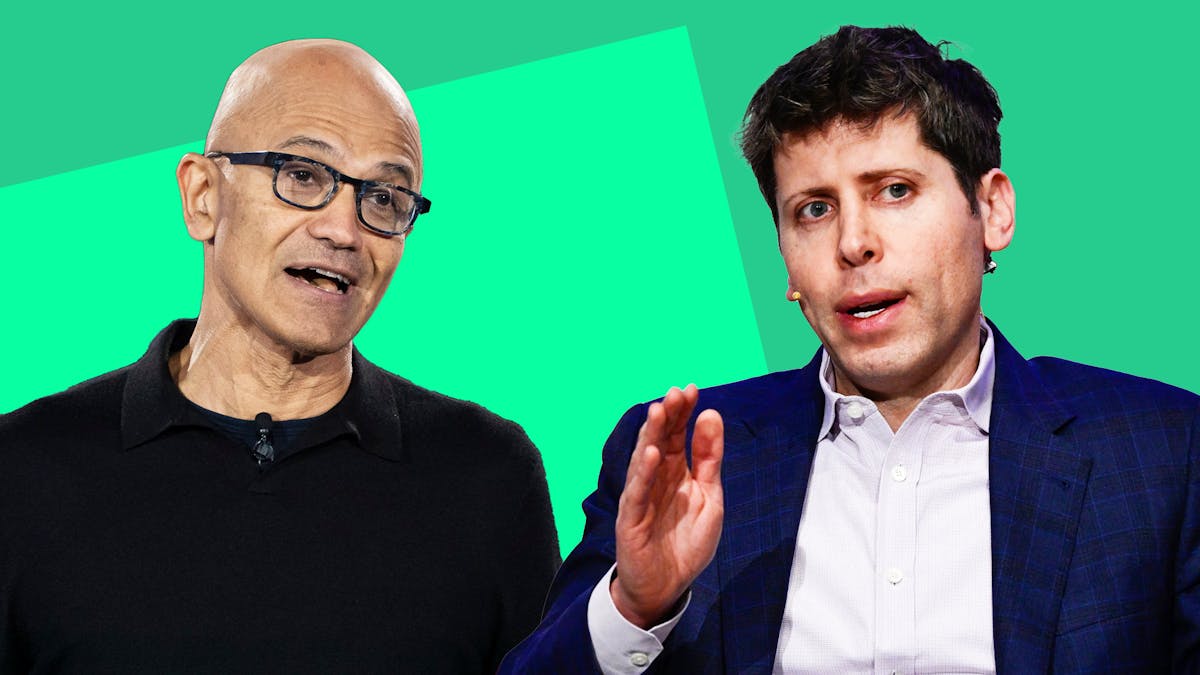Microsoft and OpenAI announced a tentative agreement that signals deeper technical and commercial integration. The partnership could accelerate enterprise AI adoption by streamlining Azure OpenAI Service access, reshaping cloud competition, and raising stakes for AI safety, governance, and market positioning.

When two companies with a combined market value of roughly $4.5 trillion issue a brief, late night statement, the market takes notice. Microsoft and OpenAI's tentative agreement is a strategic signal that could accelerate enterprise AI adoption by tightening the integration between advanced models and cloud infrastructure.
The deal is positioned to drive deeper technical collaboration between Azure and OpenAI models, making it easier for businesses to leverage artificial intelligence within existing cloud environments. By improving streamlined access to the Azure OpenAI Service and potential preferential access to future model releases, organizations can more quickly integrate AI into workflows, applications, and customer experiences.
For businesses, the most tangible benefit may be reduced complexity when integrating advanced AI capabilities. Enterprises using Microsoft products could leverage tighter integration to optimize operations, accelerate product development, and improve customer engagement. Long tail considerations include migration plans, vendor lock in risks, and strategies to evaluate multi cloud approaches.
For competitors such as Amazon and Google, the agreement increases pressure to strengthen their own AI offerings and partnerships or to accelerate in house innovation. Consolidation of model access and commercial terms could create a higher barrier for rivals bidding on large enterprise engagements.
The partnership will also draw attention from regulators and industry stakeholders focused on AI safety and governance. Including clear commitments to responsible AI, transparency around model access, and alignment on safety practices will be important to mitigate concerns about market concentration and the ethical deployment of powerful models.
The Microsoft and OpenAI tentative deal is more than a headline. It signals a strategic push to transform how enterprises access and deploy AI by integrating model capabilities with cloud infrastructure, coordinated commercial efforts, and a focus on safety and governance. The real test will be execution and how enterprises and competitors respond to this next phase of cloud era AI.



